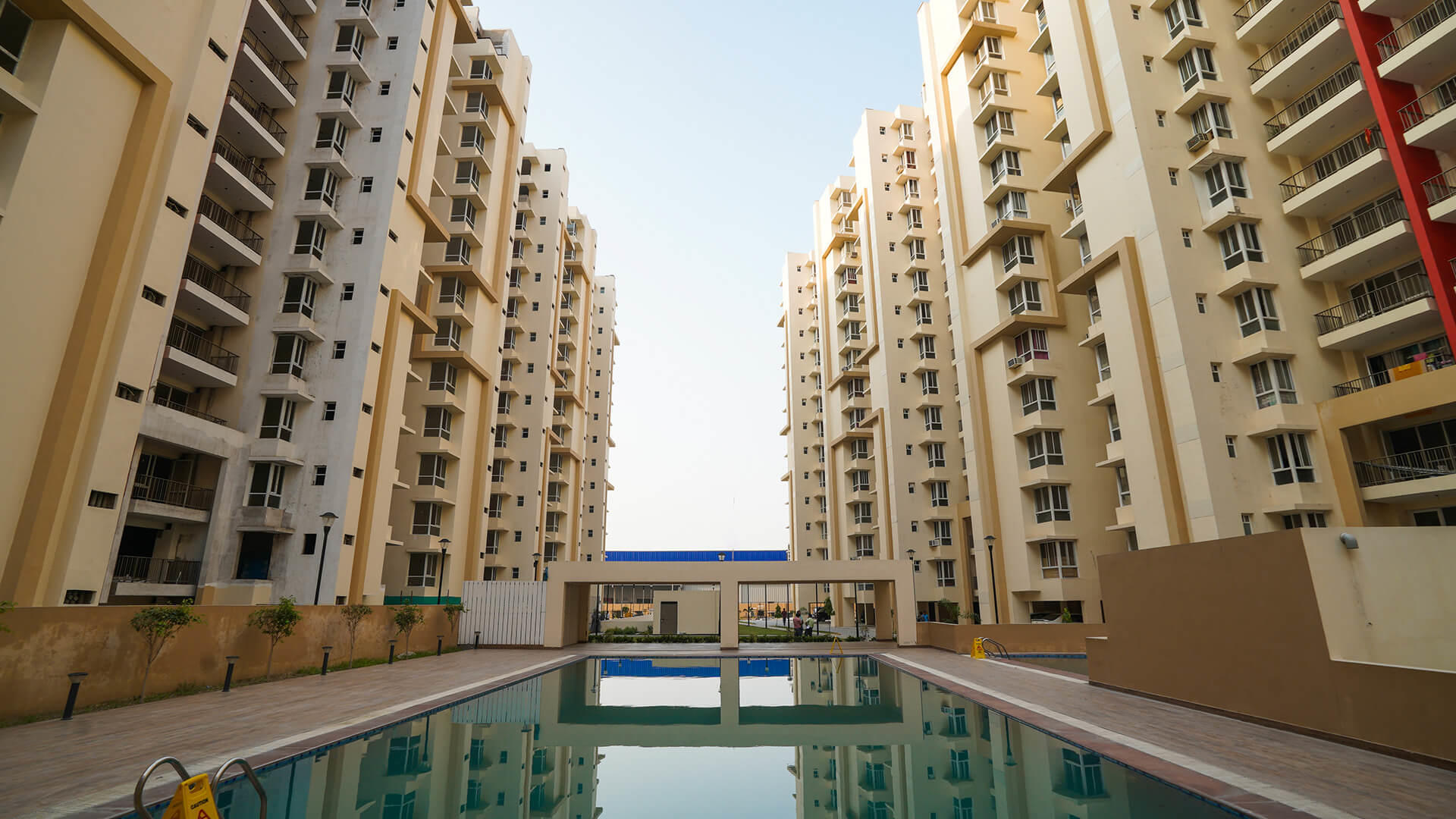Property Price: In India, real estate is regarded as the pinnacle of ‘safe’ investment. One of our most ingrained beliefs is that real estate is a perpetual safe haven whose value never falls. This, however, is not the case. Real estate, both globally and locally, is not immune to the inevitable price shocks that characterize all asset classes. Here are a few of the reasons why property prices change.
Inflation
Inflation has a direct, albeit uneven, impact on long-term trends in property prices. It is widely assumed that inflation has a positive impact on property price. In reality, as a result of inflation, property prices either fall or remain static. What causes this to happen? High-interest rates usually occur in inflationary environments. When interest rates are high, investors are hesitant to take out loans. Given that the majority of property purchases take place on credit, this reduces demand. To compensate for lower demand, developers often cut costs in order to clear out their inventory, resulting in a drop in property prices.
Demand & Supply Dynamics
Real estate firms excel at cranking out property after property in locations deemed favorable and thus ‘in demand.’ These ‘in demand’ properties may be near an upcoming expressway, metro station, or large-scale redevelopment. Everything is fine as long as demand and supply are in balance. However, when overbuilding causes a glut in a specific location, prices fall. Long-term property prices tend to be more stable in areas where there is no scope for new construction (hence a constant supply).
Input Costs
The cost of building materials, construction equipment, and construction worker wages are all directly related to property prices. The more expensive construction becomes, the more this cost passes on to end-users.
Interest Rates
The Reserve Bank of India adjusts key interest rates on a regular basis, keeping in mind what is best for the economy in terms of liquidity (availability of money). Falling interest rates reduce the cost of home loans and increase overall demand for real estate. It also allows real estate companies to borrow at lower interest rates, allowing them to meet increased consumer demand. As a result, the ecosystem as whole benefits and prices rise – until the tipping point of oversupply occurs, of course!
ALSO READ: Housing Market Recovery: Where, When, And How?
Economic Slowdowns
People tend to be more conservative in difficult times when it comes to high-ticket, indivisible, and relatively illiquid investments like real estate. Money tends to flow into traditional asset classes with smaller ticket sizes, such as gold, bonds, or deposits. This reduced overall demand, and as a result, property prices fell.
Summing Up
Real estate pricing is a complicated subject with numerous push and pull factors. If you’re buying it for a specific purpose, don’t be too concerned about price fluctuations. If you’re in the tax-inefficient game of flipping houses, don’t get stuck at the top of the graph with no buyers in sight! It’s a high-risk game.

